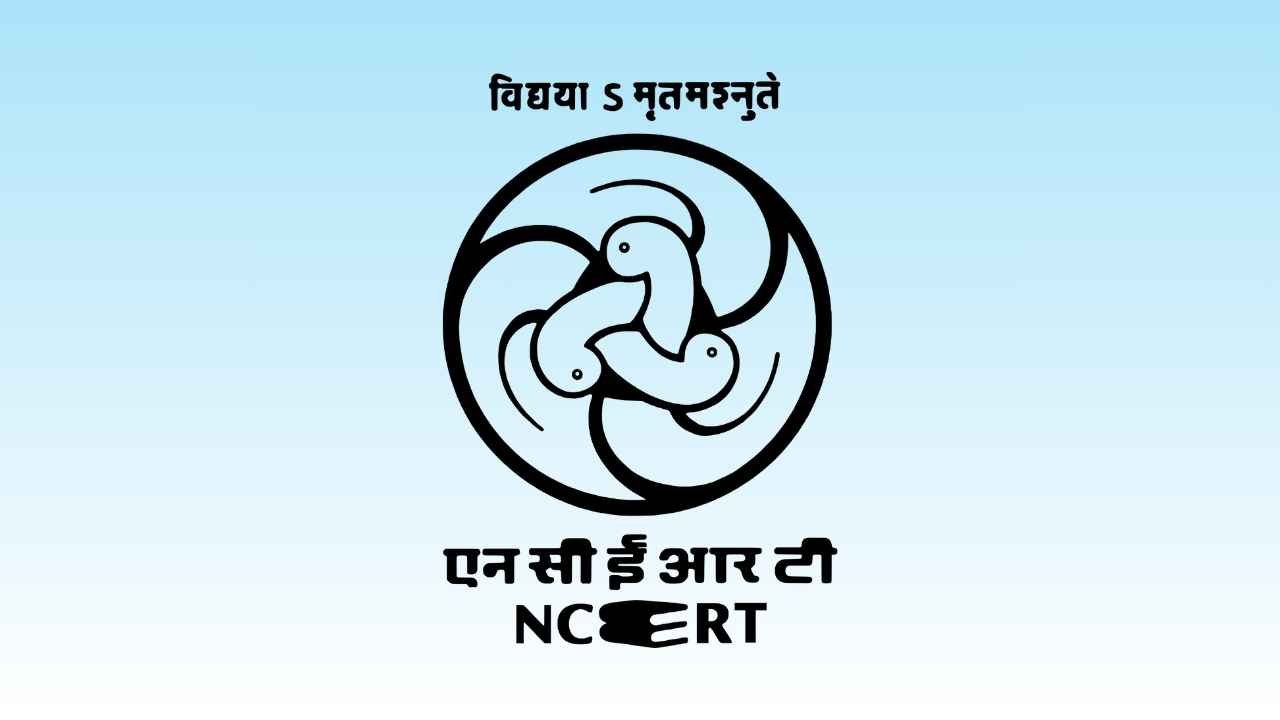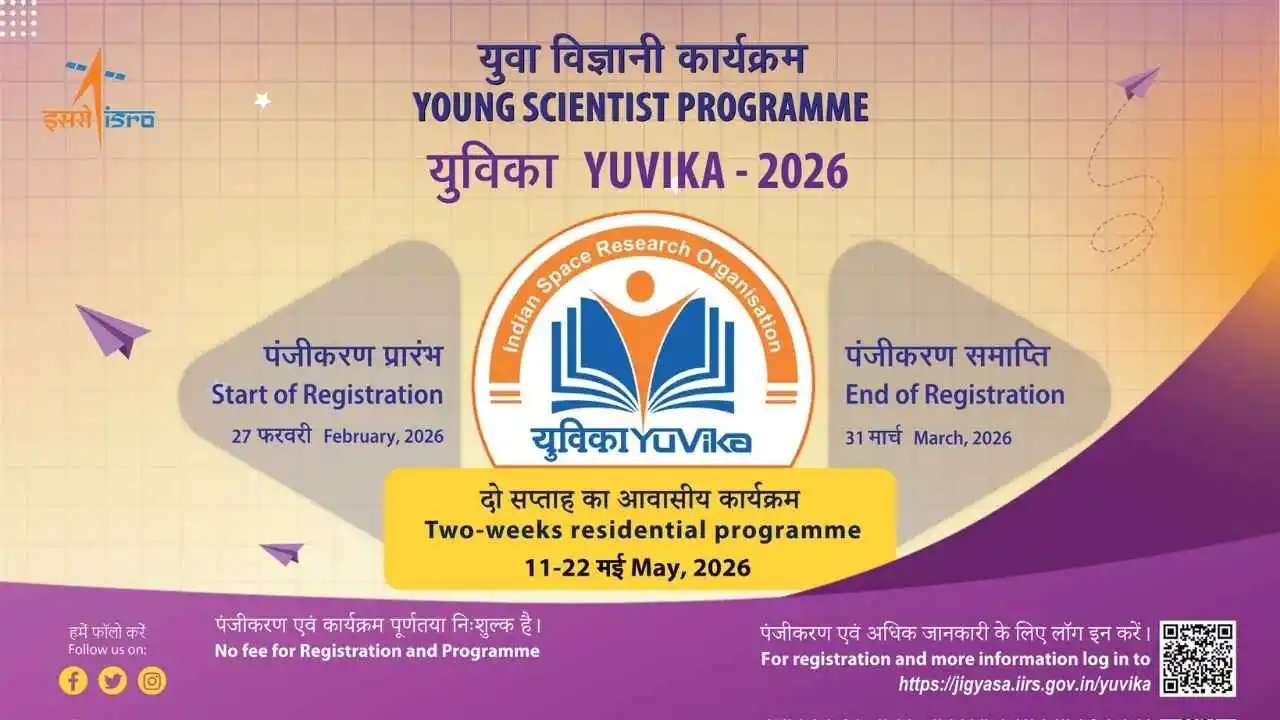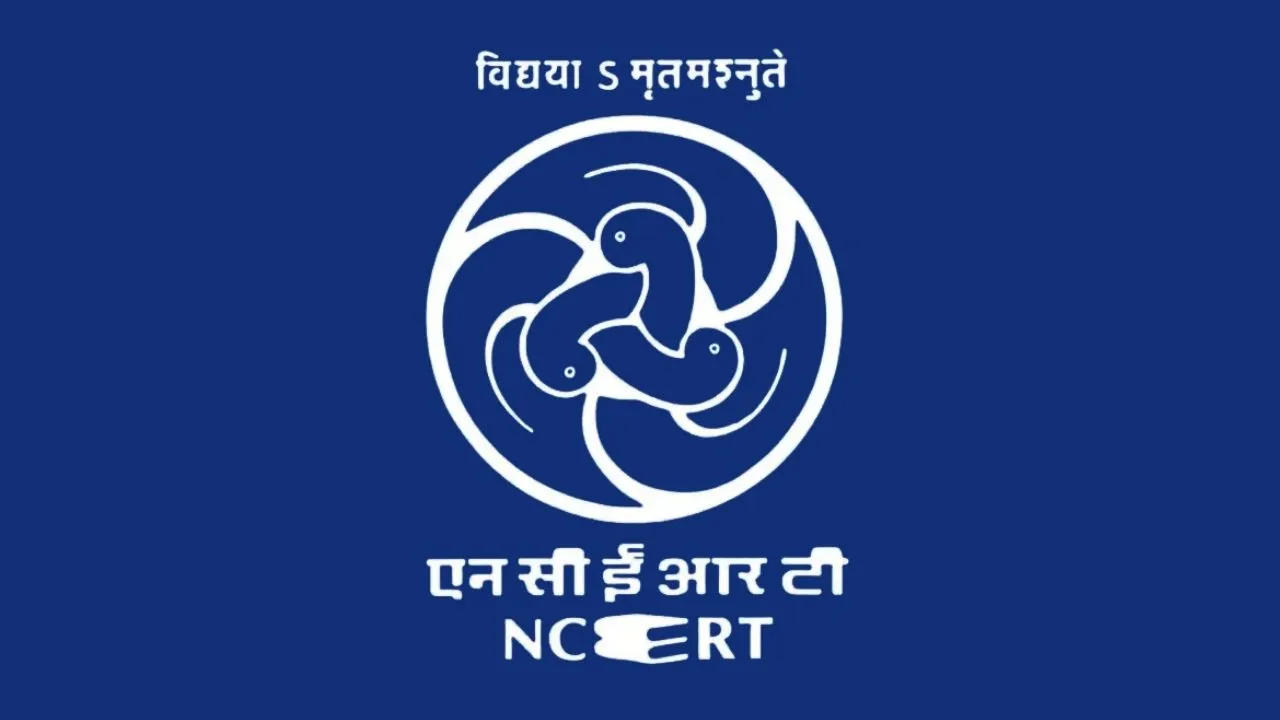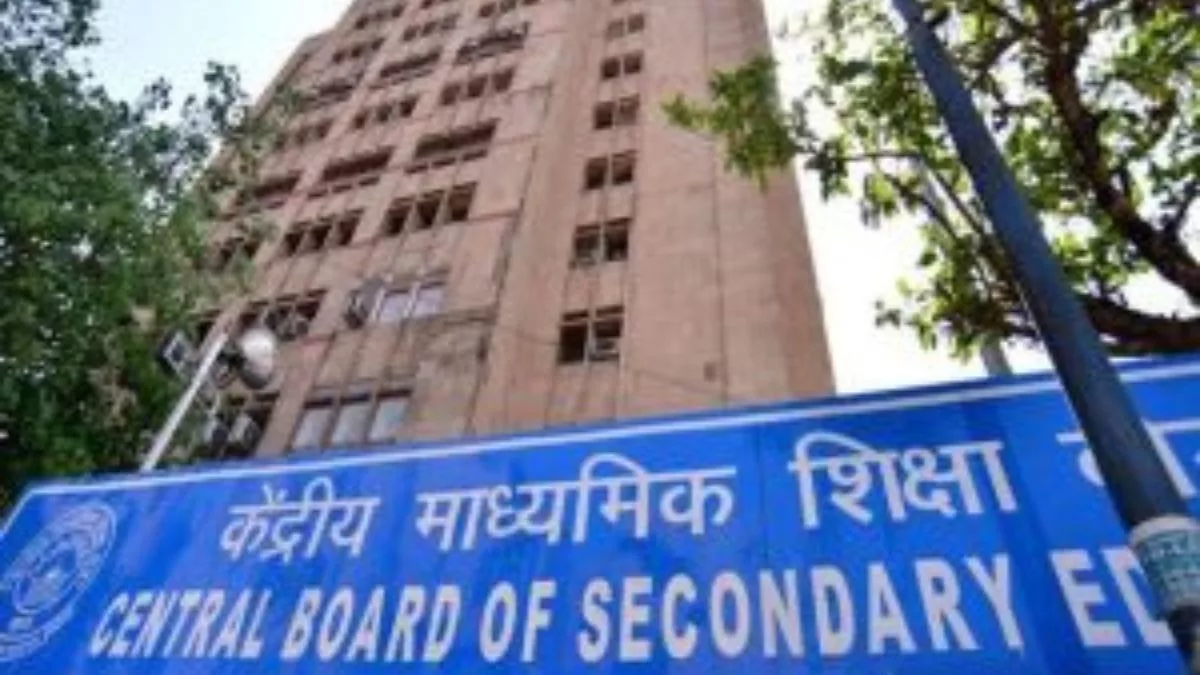NCERT Releases Internet Addiction Module to Promote Healthy Digital Habits in Schools
The new module guides students, teachers, and parents to manage screen time and digital well-being effectively
The National Council of Educational Research and Training (NCERT) has launched a comprehensive Internet Addiction Awareness Module to address the rising concern of excessive internet use among school students. The module was introduced during the Project Programme Review Meeting held in Dehradun from March 10 to 13, 2025.
This initiative aligns with the goals of the National Education Policy (NEP) 2020, which highlights the importance of mental well-being and digital literacy in the overall development of students.
Why has NCERT launched this module?
As internet usage continues to rise among young learners, concerns over digital dependency, screen time, and its impact on mental and physical health have grown. NCERT’s new resource aims to equip students with the right tools to build self-regulation habits while helping teachers and parents support balanced digital practices.
What does the module cover?
The module offers structured guidance to identify and address digital overuse in schools and homes. It explains common signs of internet addiction and provides clear strategies for preventing it.
Key Features of the NCERT Internet Addiction Module
| Focus Area | Details |
|---|---|
| Signs of Internet Addiction | Helps identify behavioural and emotional patterns linked to excessive use |
| Digital Detox Strategies | Recommends healthy breaks and structured screen time routines |
| Mental, Physical & Academic Impact | Highlights the consequences of overuse on learning and overall well-being |
| Support for Parents and Teachers | Offers tools to monitor, guide, and intervene when needed |
| Student Self-Regulation | Encourages development of self-control and awareness of personal habits |
Where can schools access the module?
The complete module is available for free and can be accessed online at: https://nerie.nic.in/magazine.html
NCERT has advised all schools, teachers, and parents to make full use of this resource and initiate discussions with students regarding responsible internet use.
A step towards responsible digital behaviour
This module is more than just a guide. It’s a preventive and proactive tool that aims to create awareness, build digital discipline, and foster healthier habits among learners.
With internet use becoming central to education and social life, this step ensures that digital growth does not come at the cost of student well-being.
NCERT’s effort reflects a balanced approach toward technology — encouraging its use, but also educating students on how to use it wisely.
Get the latest updates on politics, education, entertainment, government jobs, current affairs, and trending topics with Bureau of Investment. Follow us on Facebook, Twitter, and join our Whatsapp Channel for real-time news and insights. Stay informed with reliable, up-to-date coverage at BureauofInvestment.com!




